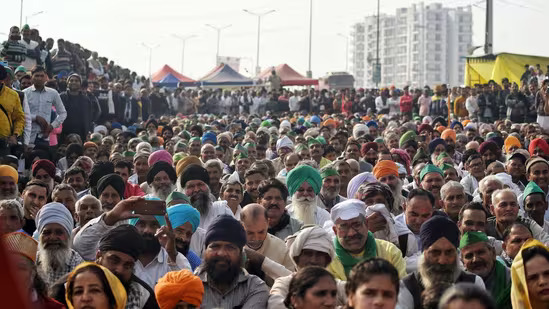
Table of Contents
ToggleWhat is Oriental Despotism Meaning?
Oriental despotism meaning is first found in Greek writing. It is particularly found in the description of their traditional enemy – the Achaemenid empire of Persia or today’s Iran. Despotism was associated with the imperial system and with the fabulous wealth of the Persian court.
Changing political ideas in Europe in the 18th century, focussing on the question of private property in land, individual rights, and democracy coincided with an absence of private property in land in Asia, particularly in India. In this context, the discussion on Oriental despotism was revived. But the concept remained vague in its application and ambiguous in its definition.
It was Karl Marx who formalized it into a system of political economy through his theory of the Asiatic mode of production. He projected a static society of village communities totally to the mercy of the king. According to him, irrigation played a central role in the village economy. This led to the emergency of small self-sufficient villages, which were exploited by central rulers. In such a society, the individual was not the owner of the land but was just a tiller or cultivator.
The development of self-reliant villages obstructed the growth of big towns and cities. So, these big towns & cities could not perform their role to the extent which was expected in India and China. This maintained aloofness or separation of rural from urban regions. Thus, oriental despotism was a form of despotic government, thought historically to be characteristic of Asian politics.
To conclude, Karl Marx was totally opposed to the interest of British imperialism. Yet even, he saw the coming of the British as the means by which despotism in India could be terminated.


